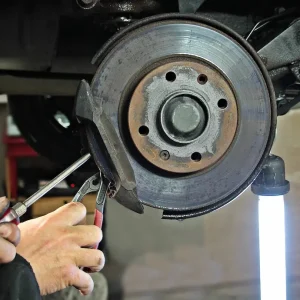Two national newspapers, The Sun and The Guardian, have gone head-to-head in a row over speed cameras.
Using the slogan ‘Come clean on cameras’, The Sun has called for guidelines on the use of speed cameras to be reinstated after claiming they have been “quietly scrapped by the government”.
The Sun says that under previous DfT guidelines, cameras had to be yellow and clearly visible. Yet this requirement was phased out following a review in 2013, and the newspaper cited a case of a police officer unfairly hiding in a tractor with a mobile speed camera.
Whilst the Sun has gone along the lines that the drivers are being ‘snared’, the Guardian’s response entitled, ‘The Sun is wrong: speeding drivers are criminals’ points to Government data that lists breaking the speed limit as a factor in almost 220 road deaths a year, arguing that The Sun’s campaign against speed cameras is encouraging dangerous behaviour.
Both reports come at a time when the number of drivers convicted of a speeding offence has risen by 28% in the past 12 months. The increase, from 115,935 to 148,426, is the highest figure since 2005.
It begs the question whether the number of lawbreakers has really risen that sharply? Are we no longer encouraging drivers to slow down, instead just making it easier to catch people – hence the rising numbers? On that basis The Sun may have a point.
Surely the primary objective of any deterrent is to stop the behaviour – not just process fines. In fact when speed cameras appeared in the early 1990’s we were told that they would be placed at accident black spots and would be clearly visible, their purpose being to educate drivers and not act as purely a revenue raising scheme.
Edmund King, president of the AA, recently said, “The objective of any speed camera should be to slow traffic down, not to issue thousands of tickets. If cameras are well signed and stand out they are more likely to cut speeds. That’s a much more open and effective system than hiding in a tractor.”
So where does this leave us? Quite simply, we’re doing very little as a nation to change behaviour, and I see it a bit like trying to get a teenager not to smoke. Your aim is to educate them so that they ‘want’ to quit, not to create a new goal of not getting caught.
The same applies to speeding drivers, and I’d much prefer drivers to understand that by not speeding they will save lives, rather than believing by not getting caught they’ll just save money.





